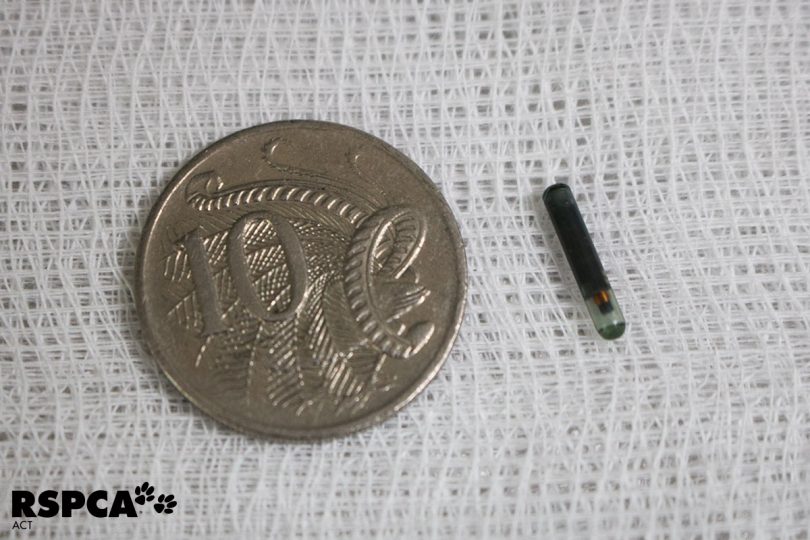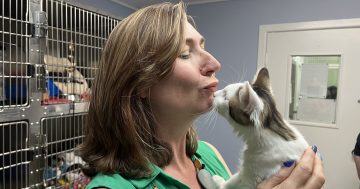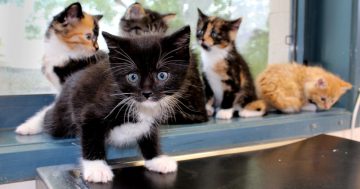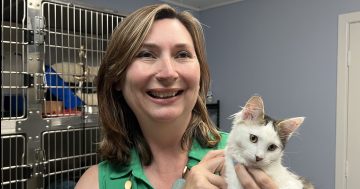
Get your pet chipped and the only thing you will lose is the worry of losing them.
Natural disasters can negatively impact all of us, including our family pets. Storms, floods, fires, and other emergencies can occur very quickly and without warning. It is essential that we prepare for these unforeseen circumstances.
Just imagine, for a moment, that a calamity strikes. As you flee, you find yourself in an unfamiliar place. Strange smells and sounds abound but no familiar face in sight.
Also, imagine that you are mute. You have no way to provide anyone with the address to your warm comfy home. You are truly lost and alone.
At the RSPCA, this is not something that we have to try very hard to imagine. In fact, it is very much part of our reality. Many of the animals that end up in our care are these voiceless ones. They cannot tell us where they live, what brought them here and who they belong to.
While we are able to identify physical things such as the breed, age and if it has any injuries, we rely on information located in microchips.
This can be the difference between an animal being able to return to its home or not.
Earlier this year a cat called Lily came into our care. It transpired that Lily had been missing for nine months! Lily’s owners were frantic and had made many attempts to find her. Thankfully, Lily found us and because she had a microchip, we were able to reunite her with her owners.
Microchips reduce stress and save time
Regardless that microchipping is mandatory in the ACT, we still see too many animals that come in without a microchip. It is a simple procedure and will provide a voice to your beloved pet, should calamity strike.
If your pet goes missing, a microchip will help your local vets and shelter quickly identify your pet and have them reunited with you as soon as possible. And this is one our goals, to reunite people with their pets as fast as possible to reduce stress.
Please get in touch with the RSPCA ACT to obtain a free ‘Ready to Go’ kit. This is an emergency information pack for you and your pet. You can find more information on our website here.
What is a microchip? How does it work?
A microchip is a permanent method of electronic identification and implanted at the back of your pet’s neck. The chip itself is very small and measures about the size of a grain of rice. Each chip has a unique number which is detected using a Microchip Scanner.

All animals adopted from RSPCA ACT are microchipped.
Details about the animal and its owner are also recorded on the Microchip database registry. It is very important to keep your contact details up to date.
If a pet is transferred to a new owner, the new owner must ensure their contact details are recorded on the database.
Is microchipping painful?
Microchipping is a quick (only takes a few seconds), safe and simple procedure. We know that inflicting discomfort upon your furry friend goes against every fibre of your being. However, we believe that the benefits of microchipping your pet outweigh the discomfort it might cause them.
What are you waiting for, get the ‘chip!






















